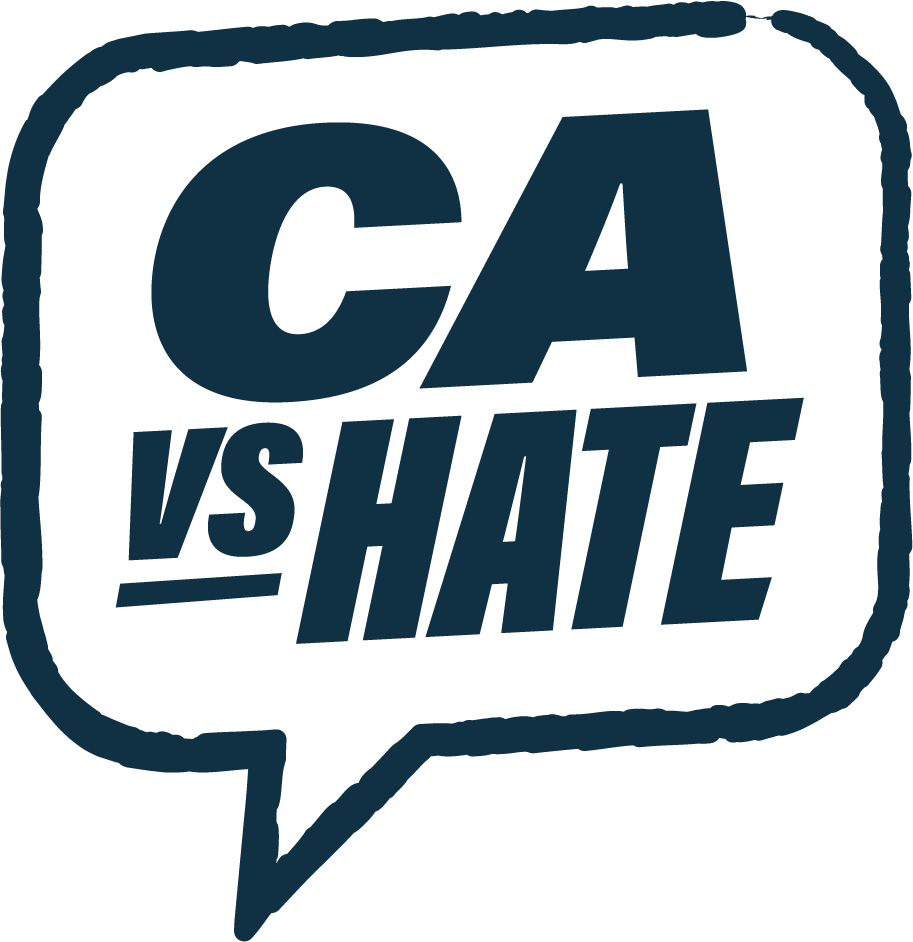New Survey Reports 2.6 Million Californians Experienced Hate Between 2022 and 2023





The California Civil Rights Department (CRD), in partnership with the UCLA Center for Health Policy Research’s California Health Interview Survey (CHIS), just shared new data on how common hate acts are across the state. Based on CRD-sponsored questions, the survey found that an estimated 2.6 million Californians experienced at least one act of hate between 2022 and 2023.
“California continues to lead when it comes to combatting hate,” said CRD Director Kevin Kish. “From direct investments to cutting edge programs, we’re using every tool available. Through our work with CHIS, we’re also helping show the impact of hate. These estimates make it clear that people across our state continue to experience hate and discrimination well beyond what is reported to law enforcement. It takes all of us working together to live up to our values of respect and compassion for every Californian.”
“Creating and sharing quantifiable data about our most pressing issues forms the bedrock of our work at the UCLA Center for Health Policy Research,” said Ninez A. Ponce, PhD, MPP, Director of the UCLA Center for Health Policy Research (CHPR). “What we’ve learned in this report about hate acts — in terms of who gets targeted, why, and how often — can be an invaluable resource that helps make sure policies and programs are most effective.”
Nation’s Largest State Health Survey Adds Questions on the Impact of Hate
CHIS, the nation’s largest state health survey, interviews over 20,000 California households each year on a wide range of health topics. In 2023, CHIS—partnering with CRD, in conjunction with the Commission on the State of Hate and the department’s work through the CA vs Hate program—added questions about people’s experiences with hate, including all acts of hate, not just those that may be criminal.
Californians ages 12 and up were asked if they had experienced or witnessed hate in the past year. The new data offers a deeper look at the prevalence of hate, capturing self-reported experiences that often go unrecorded by law enforcement. Ongoing data collection will help build a fuller picture on the impact of hate across the state.
Key Takeaways on Statewide Impact of Hate
Key findings from the survey conducted throughout 2023 of Californians who were 12 and older include:
Overall Estimated Prevalence:
An estimated 2.6 million Californians (8%) directly experienced at least one act of hate in the past year.
An estimated 525,000 Californians (1.6%) experienced hate that was potentially criminal in nature, including either physical assault or property damage.
An estimated 5 million Californians (15%) witnessed at least one act of hate within the past year.
Motivation and Location:
Some of the top bias motivations identified by respondents were race (57%); ancestry, national origin, or language (19%); and gender identity (15%).
Some of the most common locations reported among adults were the street or sidewalk (45%), at businesses (34%), and at home (23%).
For youth between 12 and 17 years old, some of the most common locations were at school (80%) and online (24%).
Community-Specific Estimates:
When broken down by race and ethnicity, some of the groups who most frequently experienced hate were Black (16%), Native American (13%), and Asian (9%).
Lesbian, gay, bisexual, and pansexual (12%) and transgender (19%) adult respondents were also more likely to experience hate than Californians overall.
Similarly, adults living with a disability (12%) and adolescents (15%) were more likely to experience hate than Californians overall.
To report an act of hate and get support, you can go to CAvsHate.org or call 833-8-NO-HATE, i.e., (833) 866-4283. CA vs Hate is a non-emergency, multilingual hate reporting hotline and online portal. For individuals who want to report a hate crime to law enforcement immediately or who are in imminent danger, please call 911.
The UCLA Center for Health Policy Research is one of the nation’s leading health policy research centers and the premier source of health policy information for California. The center improves the public’s health through high-quality, objective, and evidence-based research and data that informs effective policymaking.
An infographic summarizing the data highlights is available here. You can learn more about CHIS here.
